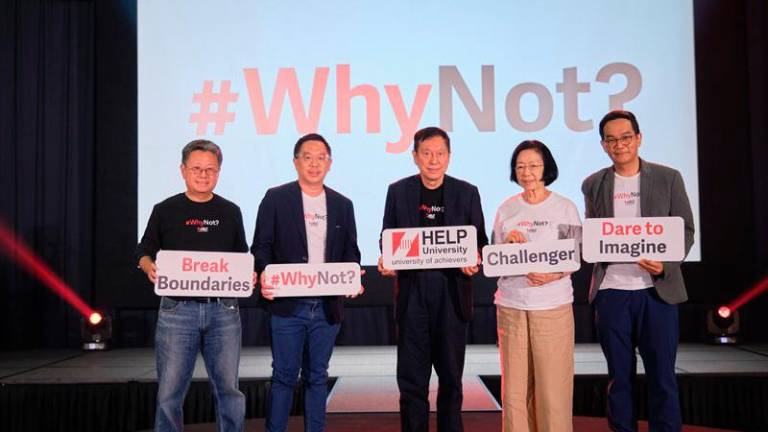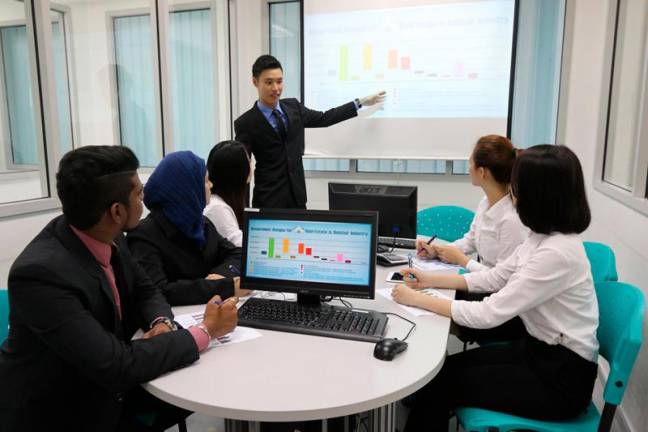KUALA LUMPUR: Japan External Trade Organisation (Jetro) is collaborating with government agencies and Japanese companies to accelerate adoption of Japanese Industry 4.0 smart manufacturing technologies among Malaysian small and medium enterprises (SMEs) as part of the Look East Policy (LEP) cooperation.
Jetro KL research department assistant director Esther Lai said Jetro has conducted business matchings and Japanese Industry 4.0 technology workshops on March 9, one of the many events to commemorate LEP’s 40th anniversary.
Jetro hopes to see SMEs apply some of these manufacturing technologies in their production lines, Lai said.
“The Covid-19 pandemic has accelerated digitalisation and pushed manufacturers to adopt solutions (using) less manpower,” she told Bernama.
Seven Japanese solution providers participated in the workshops, namely Fujitsu (Malaysia) Sdn Bhd, Hitachi Asia (Malaysia) Sdn Bhd, KDDI Malaysia Sdn Bhd, Mitsubishi Electric Sales Malaysia Sdn Bhd, Murata Electronics (Malaysia) Sdn Bhd, NEC Corporation of Malaysia Sdn Bhd and Yokogawa Electric (Malaysia) Sdn Bhd.
Jetro has been collaborating with International Trade and Industry Ministry (MITI), Malaysian Investment Development Authority (MIDA) and SIRIM Bhd to assist Malaysian SMEs to adopt smart manufacturing practices since 2019.
The first phase was between 2019 and 2020; 10 business seminars introduced smart manufacturing technologies, attended by about 1,100. Online business matching workshops were conducted last year due to Covid-19 pandemic, she said.
Jetro aims to hold workshops on a larger scale this year as part of the third and final phase of this Malaysia-Japan collaboration, once business matchings have been successfully concluded from the recently held workshops.
Lai said local SMEs will be selecting their most preferred solution providers; they will then submit proposals to MIDA on what technology to use to improve their production line.
SMEs will be able to procure the solutions once they get MIDA’s funding approval, and the enterprise resource planning software, for example, would then be integrated into their production line, Lai said.
MITI has appointed SIRIM as one of the assessors for the Readiness Assessment Reports, which is mandatory for SMEs to be eligible for Malaysian government funding.
It is costly to incorporate these solutions into the production line and some government support would be needed, Lai said.
The LEP has propelled Malaysia’s economic development since 1982 with Japanese investment and technology, by emulating the Japanese work practices and cooperation in the field of training and research with support from both governments.
The Regional Comprehensive Economic Partnership (RCEP), the world’s largest trade deal which includes ASEAN 10 together with China, Japan, South Korea, Australia and New Zealand, will also help to support trade expansion in post-pandemic recovery.
Following the Japan-Malaysia Free Trade Agreement and ASEAN-Japan Comprehensive Economic Partnership, the RCEP is the third free trade agreement between both countries. There will be trade and investment spin-offs, with Malaysia being a logistics hub option, she said. -Bernama














